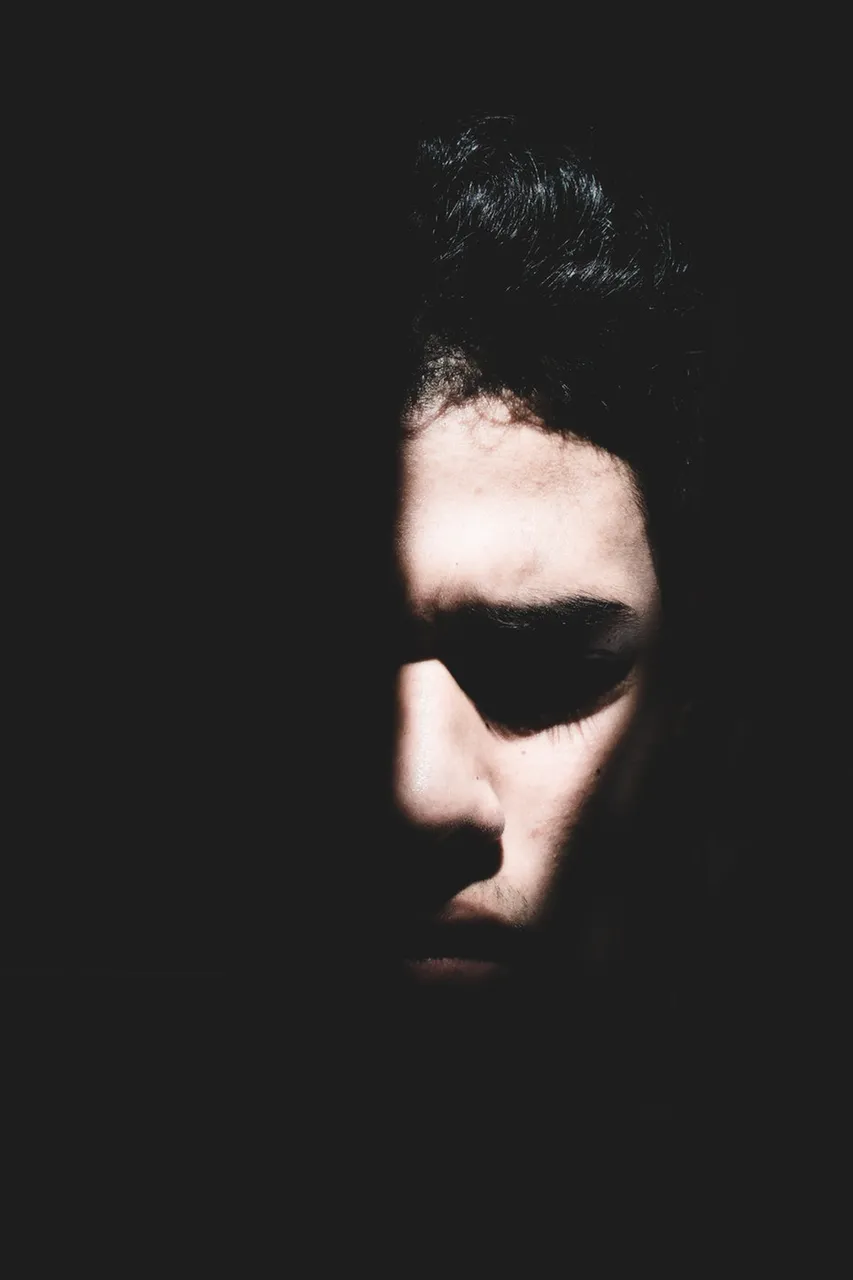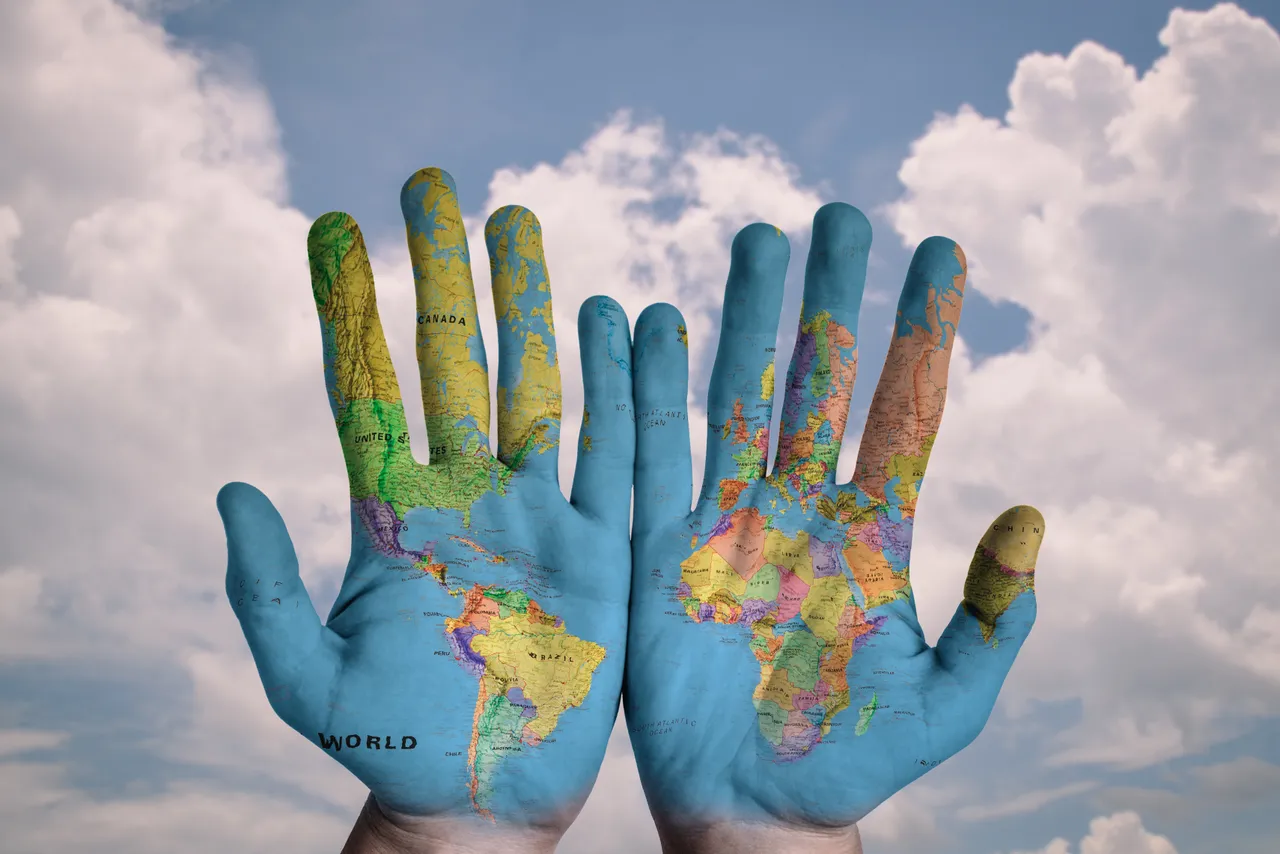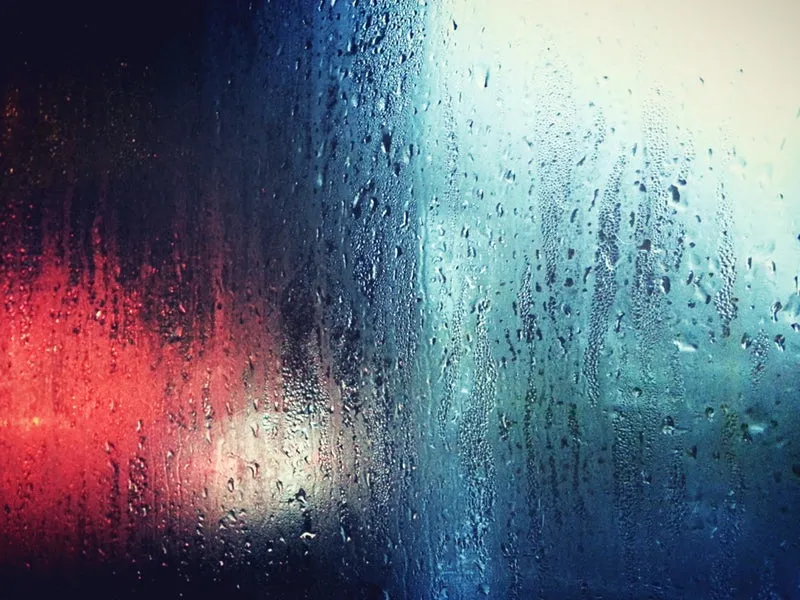Was Ernest Hemingway right in his book, The Garden of Eden, when he quoted
“Happiness in intelligent people is the rarest thing I know.”
This guy actually committed suicide.
Emotions are incredibly powerful forces, as we know they influence us more than reason.
If you’re creative, odds are that you’ve some sort of weirdness and high sensitivity.
The link between creativity and depression entails a lengthy history. True artists(of any kind) have been shown to be overly insane and sensitive, weird, prone to depression and anxiety. And in most cases, this disorders has been shown to be linked to their genius.
Creative people have within them a mystery of irony, they possess the poison of depression and also its antidote.
You might wonder, they are famous, wealthy, influential and successful. So why the heck would they suffer from anxiety and depression and all these mental disorders?
These great people were and have been continued to be tormented by spells of misery, pain and self-hatred. Whereas these mental disorders are more common among artistic geniuses(especially writers and musicians) than scientific geniuses, as a study shows
Infinite Jest, is one of the incredibly classic books I’ve read in my life and I was just really shocked and saddened to find out that the author of the book (David Foster Wallace) committed suicide. Like what the hell! With all honesty, this guy is massively brilliant and his genius is impossible to debate.
I don’t wanna think these great people commit suicide cause they’ve got no balls or nerve, cause come on, that’s not the case really if you look into it with a wider perception.
Dating back to a century ago, life was really different, as much as its simplicity.
If you were born into a farmer family, you automatically have to become a farmer too. That’s how it operated, there wasn’t a decision on our part. Even in the aspect of marriage.
The way we perceived our individuality was way lower than it is now. Back then, nobody had time to fret about depression or suicide because take for example, in the old Indian cast system, suicides were more like fictional. The only thing they gave a damn about was their cast and their responsibility to provide food and shelter.
But yeah! Our society evolved! slowly! slowly! sneakily! and now we enjoy what we call freewill, the ability to act at our own discretion and choose what we decide to focus on.
We now have responsibilities for our future and we are told that we can become whatever we want to be if we put in enough effort. Thus, our lives have become way more problematic.
Freedom can be a burden.
Right.
Interesting!
These days, intelligent people have the real ability to see the vastness of the range of potentialities available to them, more than the rest of people around them. This causes them to see through many of the misconceptions and misbeliefs of the society, and the nonsensicality of the routine existences and pursuits we all value from our heart.
The Ego and Others
As we know, our ego is our sense of individuality and separateness from everyone else. Yeah, it’s that nasty little illusion of duality I have been shouting in your head in my previous articles.
We have the gift and curse of ambitions.
Can I even call this a pressure cause we are directly and indirectly possessed to comparing ourselves against each other, and also carry upon ourselves the tension of contemplating our rate of progress towards our goals.
Always remember we are One, appearing as many.
You can’t be aware of yourself as a separate individual unless there’s someone in your heart you compare yourself with/against.
(Oh God I hate that illusion, it’s such a tricky little thing we fight it everyday)
And so with this sense of individuality comes a sense of self-worth, and this can be easily influenced from our childhood in the sense that any sort of traumatic experiences we had from our childhood can result in a maladaptive emotional sensitivity.
We see/hear of situations were children who were highly intelligent are often isolated by other children, because they so weird and different. And this plays a big role because your social development influences your emotional development which is responsible for your ability to manage dangerous/stressful cases.
Your emotional development is also influenced by the kind of relationship you had with your parents, a healthy or nasty one? I hope it’s a healthy one cause nasty ones only leads to greater mistrust and unhappiness in life, and eventually...
Suicide.
There are so many examples of this down through history.
Hemingway, the writer I talked about at the top of this article, tried to fill his void of happiness and suffered so many failed relationships(including about four different wives) which eventually lead to committing suicide.
There are LOTS AND LOTS of authors and poets that suffered parental turmoil and depression for years which eventually lead to suicide.
The Comfort of Solitude
—
My favorite aspect of this discussion.
Is it true that we feel most ourselves when we are alone? Personally, I feel most myself when I’m alone.
Solitude is beautiful, a man in full solitude is a man with no identity, or attachments. He’s free from other people, unbalanced involvements and experiences from childhood and in adulthood. The solitary man has the freedom to develop the intensity of his concentration for the creativity of his art.
People often tell me how they wish they had what I had, in terms of potentials/talents(writing is excluded haha) and even shallow things like looks.
But.
Sometimes in my solitude hours I feel a void within me, like a dried ocean making me search for ways to indemnify what is missing and find a sense of worth.
The same goes for the depressive artist as he has a great imaginative mind, driven by depression he creates fantasy worlds to indemnify for what he feels missing and full the emptiness he feels.
With the power of solitude he then develops powerful concentration of creation which results to the loss of past and future, all that exists is the present moment.
This is what the depressive person/artist/genius seeks, to escape from all unhappiness and troubles, by being totally absorbed into the present moment - the eternal present of non existence of time, where selflessness abounds.
Thanks for reading,
Wishing you a mind of peace and love!
—



